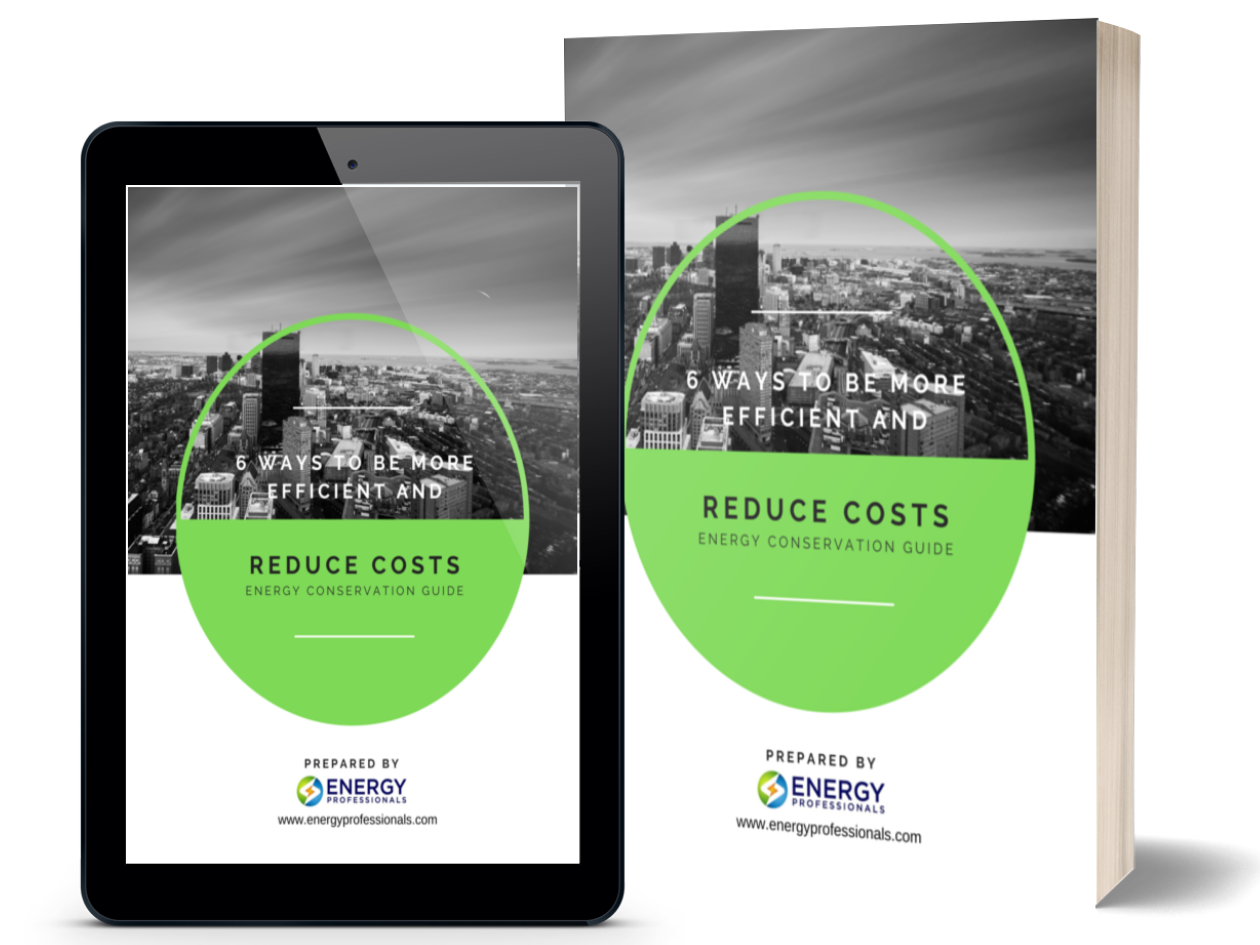Residential Energy Tips. What Uses The Most Energy?
When you’re trying to cut your home energy costs, where do you start? Here’s a quick overview of what uses

When you’re trying to cut your home energy costs, where do you start? Here’s a quick overview of what uses
When you’re trying to cut your home energy costs, where do you start? Here’s a quick overview of what uses the most energy in a typical home and some ideas of how you can better control and reduce overall energy use.
Providing comfort from outdoor temperatures and weather, your HVAC system accounts for almost half of your total energy spend. Here are a few tips to better control and reduce air conditioning and heating costs:
Use ceiling fans. In the summer, ceiling fans should rotate counterclockwise to push cool air down, creating a chilled effect while not actually changing the room temperature. In the winter, setting your ceiling fan to turn clockwise at a low speed will pull cool air up, the updraft of warm air will help give your room a warmer feel.
Use your thermostat wisely. Setting your thermostat to 78 degrees in the summer and 65 degrees in the winter when you’re not home or a similar temperature can help reduce costs from your HVAC system.
Use the weather to your advantage. Close your curtains during warm sunny days and open them during cold sunny days. When possible turn your A/C off during the day and open windows when you’re home if the temperature is allows.
Your water heater actually uses more energy than your air conditioner; but it only runs a few hours a day so it doesn’t account for as much as your A/C does when it hits your monthly electric bill. Here are some tips on how to reduce it’s costs:
Set your water heater’s temperature to 120F or lower.
If your water heater is older, wrap it with insulation to help it keep water hot.
Turn off or turn down your water heater when you are gone for the weekend or if you go on vacation.
Install shower heads and faucets that conserve water.
Refrigerators, washers, dryers, stoves, ovens, microwaves, all these things accounts for up to 13% of your monthly electric bill. Here are a few things you can do to reduce their impact:
Doing your laundry can consume up to 5% of your total energy use. While avoiding overfill, washing full loads as opposed to multiple small ones can help reduce the cost of doing your laundry. Washing clothes with cold water and using a drying rack for heavier items like towels or jeans can also help reduce the amount of energy used by your dryer. Clearing your dryers lint after each load can also help.
You might think there’s not much you can do to reduce how much energy your refrigerator uses but here are some simple tips that will improve it’s energy efficiency: don’t overload it, keep the most used items in easy to reach areas, set your fridge to the manufacturer recommended temperature, regularly clean behind and underneath the fridge to improve airflow.
Apart from using a lot of electricity, your oven also creates heat putting more load on your air conditioner. Here are a few tips: When possible, use a toaster oven, a microwave, slow cooker or other smaller appliances that create less heat and use less energy. Use the oven during cooler hours of the day. Don’t preheat unless it’s necessary. Turn your burners off a few minutes before your dish is ready.
Depending on how you use them, dishwashers can also use a lot of energy. To reduce energy costs, wash full loads, turn off the heat dry option and hand dry items when the wash is complete, rinse items before loading them into the dishwasher to prevent needing a second wash.
In a typical home, lights account for about 9 percent of it’s total energy use. Here are some ways you can reduce your energy costs from lighting:
Turn off the lights when you leave the room or when you don’t need them.
Use outside sunlight to light rooms when possible.
Use energy-efficient LED light bulbs.
Electronics use about 4-5% of your total electricity, specifically entertainment equipment. Here are a few things you can do to reduce their costs:
Deactivate standby mode or quick-start settings. This allows your equipment to power off when not in use, using less energy.
When buying a new TV, speakers or any other equipment, check to see if it is energy-star certified.
Most televisions are set to be more bright then needed. Set your TV to the eco setting or turn down it’s brightness.
Most entertainment equipment fits into the category of vampire equipment, meaning it still uses energy even when it’s powered off. Vampire equipment accounts for about 10% of your monthly energy bill. Here are two articles that shows you how to detect and control vampire equipment.


Don't have one? You can get one by calling us at 855-4-PKIOSK.
Energy Professionals is committed to finding its customers the best possible rates on electricity and natural gas. Tell us your location and service type and our energy manager will connect you to the most competitive offers.
Switching to an alternate supplier is easy. There is no chance of service disruption, and you'll continue with your current utility for energy delivery and emergency service. Take a few minutes to discover your best offers, and enjoy the benefits of retail energy in your home or business.
1. Energy Type
2. Service Type
3. Zip Code
4.Local Company
5.Zone
We believe that knowledge is power. Here’s a free e-book that provides business solutions to reducing energy costs.
Download E-Book Free Energy Audit




